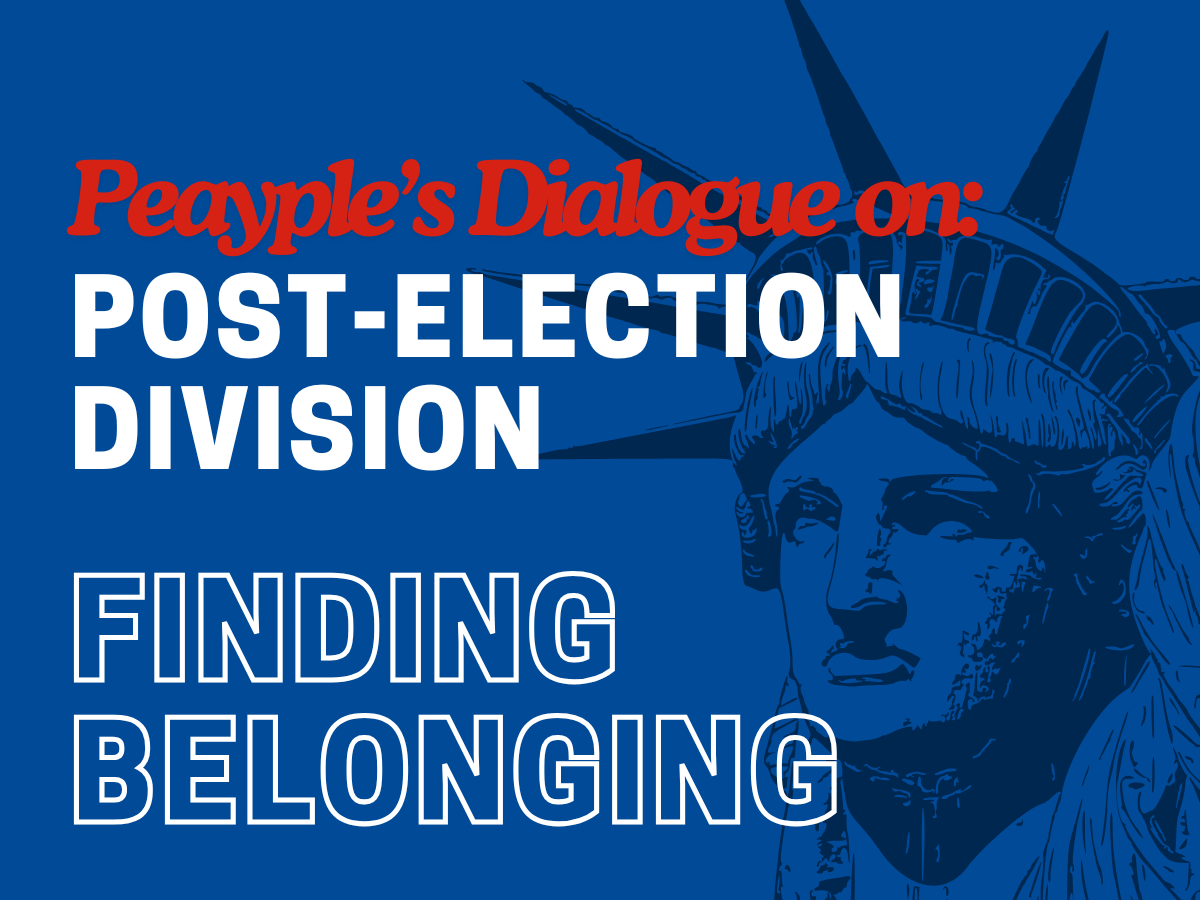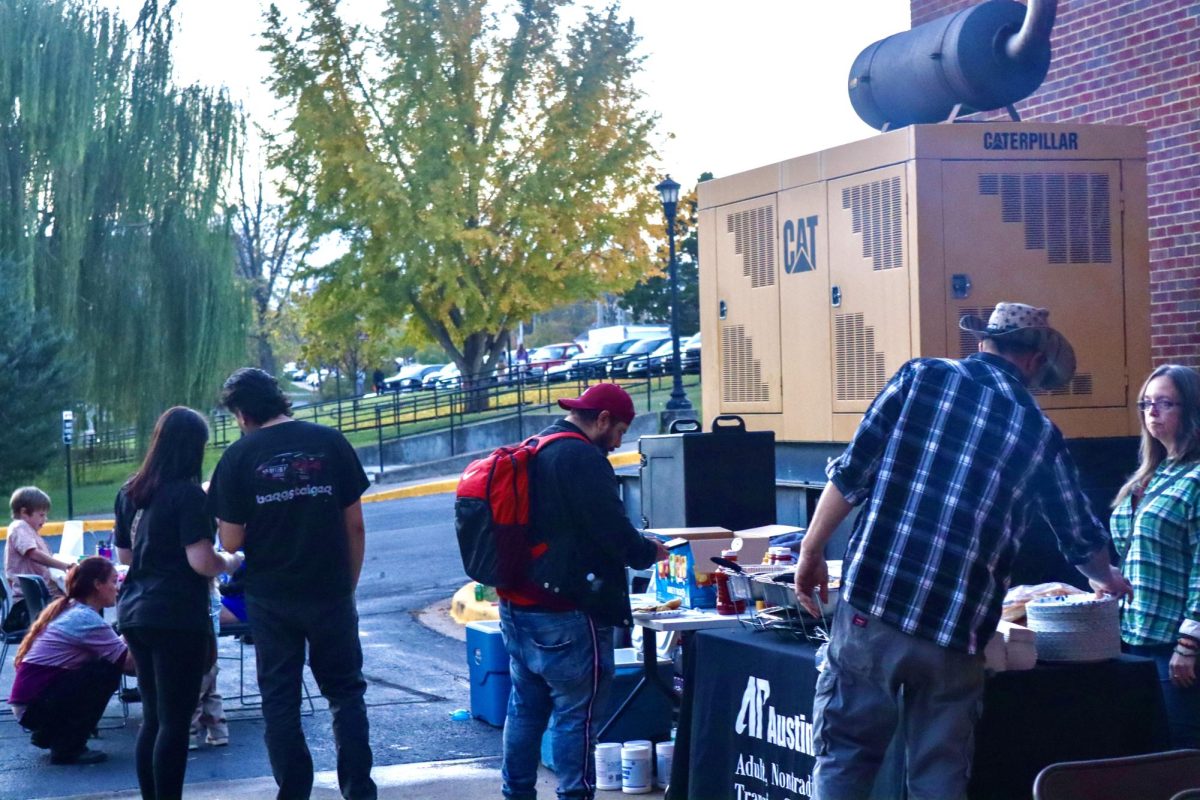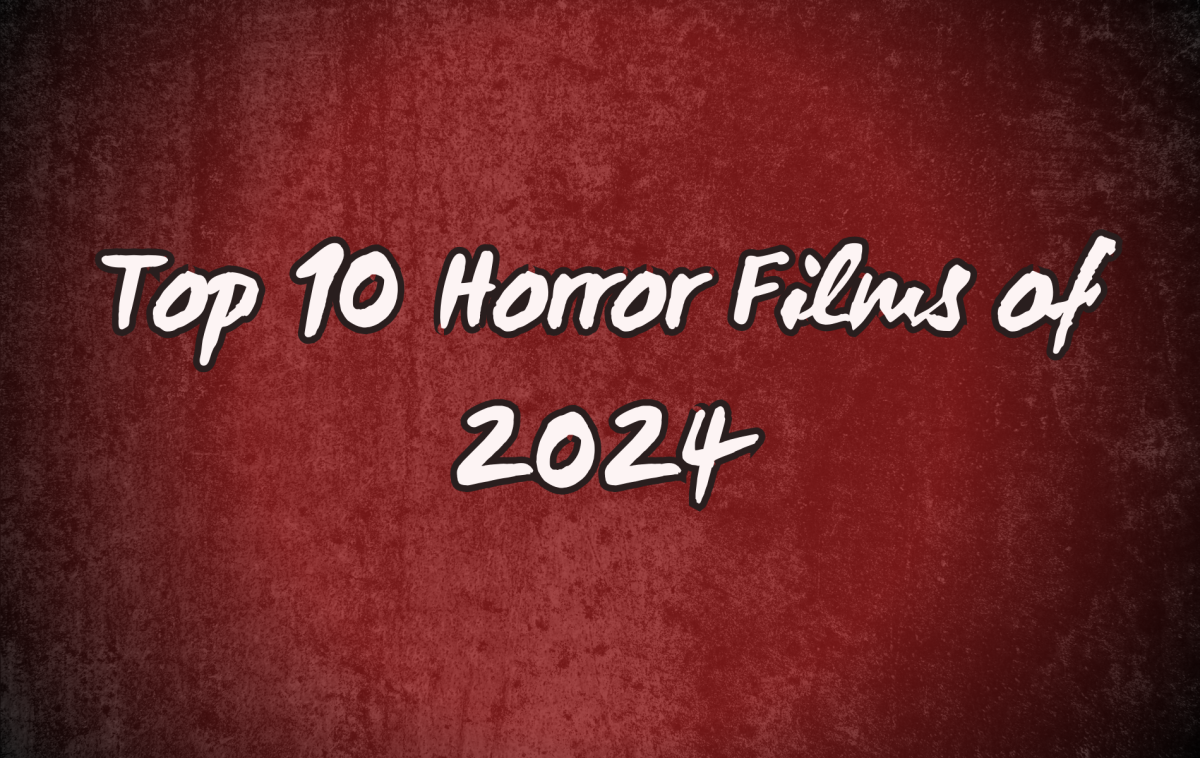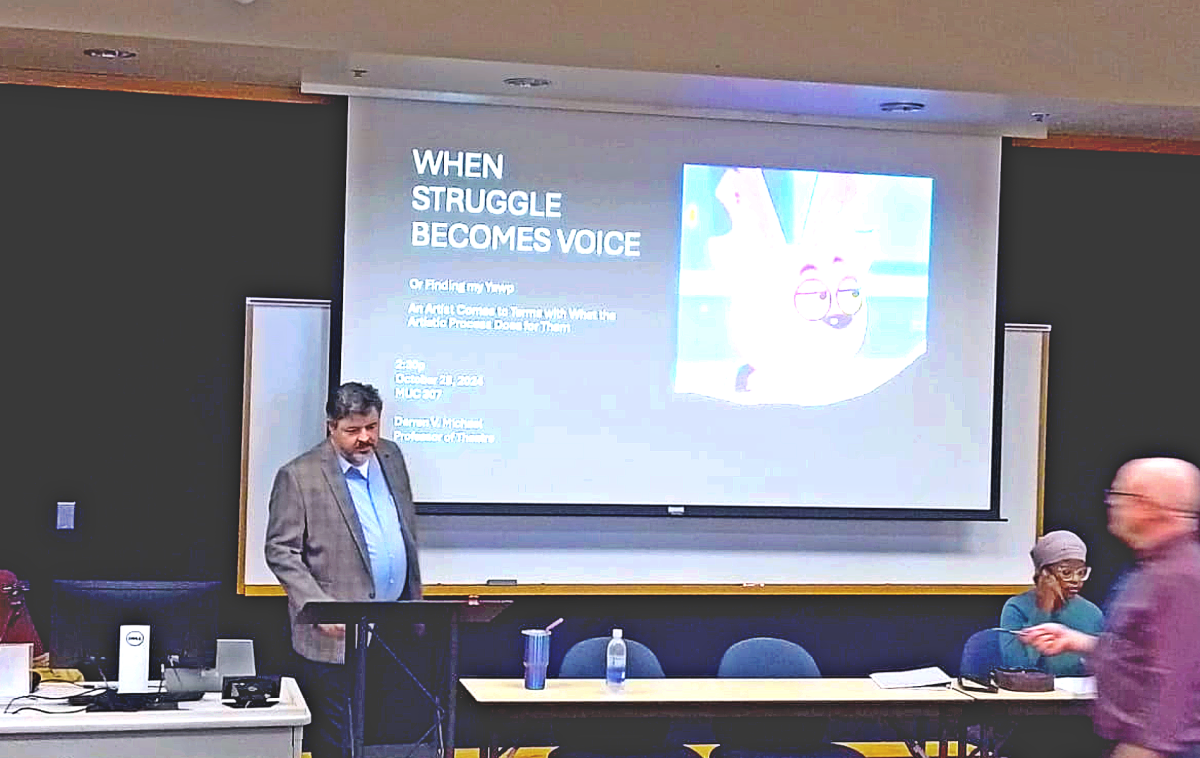Ever been pulled over and questioned on what rights you have when pulled over? The African American Cultural Center held an event called “Hot Topic” on Thursday from 6 to 8 p.m. Representatives from the Nontraditional Student Center, Military Student Center, Fraternity and Sorority Affairs and the Hispanic Cultural Center attended as well, contributing pieces.
The speaker, ACLU-TN Legal Director Thomas Castelli, talked about basic rights to know when pulled over or spoken to by an officer. The tips could be applied around any sort of authority figure as well, if a free protest was happening here on campus. Castelli discussed knowing when officers can search and seize as well as how far free speech rights go.
“This is our second year doing this event. We had a good turn-out last year so we think it should be an annual thing,” director of WNDAACC Marcelius Braxton said. “I think that students often come to college unaware, and that is where problems come from, but it helps when you have an expert come in and say here is what you can do and here is what is practical to do.”
Castelli used a PowerPoint to present to the audience in the center while snacks were available. He spoke on issues with understanding basic rights and how far rights can go in situations with authority.
“This presentation can help students be more comfortable, particularly being around law enforcement or people of authority. It can help the students but also authority as well. I think there are people who might be affected more than others by bad situations involving authority however that is why it is important to show that we are aware as a campus and want to help students and faculty gain more knowledge,” Braxton said.
The tips involved several situations, including knowing your rights when protesting, especially with peaceful assembly; what is and is not a probable cause to search, and the definition of terry stop, among other topics.
“I came here for an extra credit assignment, but I do think these are important things to know. If someone tried to search my car, I would know how to act in that situation,” sophomore psychology major Amelia Thiesing said.
With shootings and misjudged movements or actions during encounters with officers, understanding behavior around authority figures adds good information for a campus setting.
“It is definitely important for people to know about these kinds of things. A lot of people are uniformed on the topic and that can really impact interactions with any kind of authority figure, not just officers,” freshman French major Olivia Mcclendon said.
The WDNAACC gathered a variety of faculty and students for this event and helped spread information through ACLU about rights and procedures in interactions with authority, and how to safely apply them.







